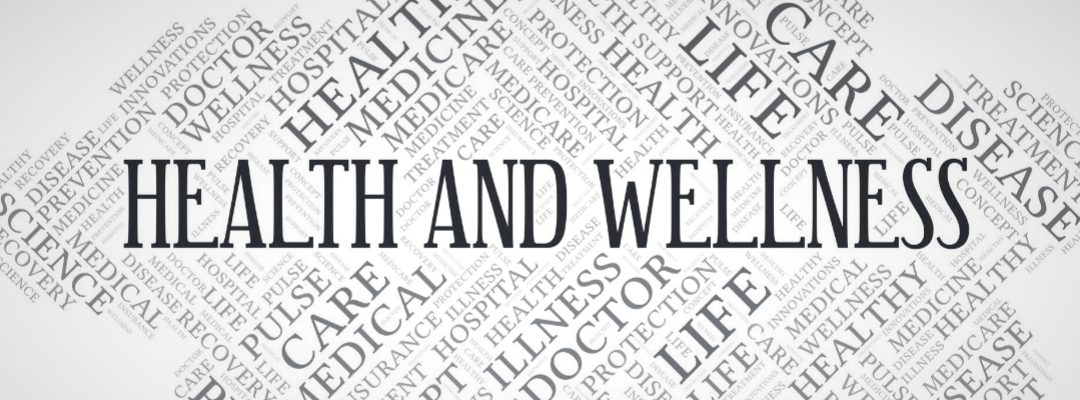Prior to March 2020, more than 30% of all disability claims in Canada were mental health-related. Even with such staggering figures, and despite EAP programs having been around for decades, employer’s response to implementing Employee Assistance Programs remained a low priority. In fact, according to 2016 Sanofi Canada health-care survey, only 60% of employers rated EAP as somewhat or very important to a benefit plan.
Enter COVID-19.
Aside from the devastating health impact of COVID-19, the pandemic managed to shine a very bright light on the emotional, financial, physical, mental well-being (or lack thereof) of Canadians. People’s ability to cope with the stressors of being at home, sharing the same space with their spouse while both have to do their job (if they weren’t laid off), transition to the home-school teacher for their kids, and deal with financial uncertainty of life in general without the safety net of extended family has had and will continue to have long term implications.
Those companies with an active EAP plan were quick to adapt to virtual care for coping with this new, never before experienced trauma. Beyond the traditional recognized offerings, most EAPs offer broad work-life services to reduce an employee’s stress and anxiety. This may include counselling for legal, family disfunction, financial, and nutritional issues, as well as wellness platforms. Other touch points, depending on the provider, may include oncological counselling to provide emotional, psychological and navigational support for individuals and families touched by cancer. And let’s not overlook the management tools to assist leaders with accommodation and tips for continually engaging effective company culture to keep their staff engaged and productive despite the global pandemic shift.
Traditionally, an EAP focused on a “bum in the chair” first line confidential, short term, counselling services for employees with personal difficulties that affect their work performance. Now the programs have expanded to assist employees and their family members at all levels, for any and all personal, emotional concerns that impact their personal well-being. This may include:
- Family, marital, financial, career, and legal issues
- interpersonal relations
- personal and emotional
- stress and burn-out, work-related stress
- problematic substance use
- critical and traumatic incidents
- Critical incidence and mental health
- conflict, grief
- Health coaching, nutrition support, and naturopathic advice
- Developing effective work habits
- Specific challenges as people leaders
- Cultural and emotional challenges faced by expatriates and families on assignment.
For more information on implementing an employee assistance program that is the right “fit” for your organization, give us a call. We’re here to help.
Disclaimer: Please note that the information provided, while authoritative, is not guaranteed for accuracy and legality. The site is read by a world-wide audience and employment, taxation, legal vary accordingly. Please seek legal, accounting and human resources counsel from qualified professionals to make certain your legal/accounting/compliance interpretation and decisions are correct for your location. This information is for guidance, ideas, and assistance.





